
Table of Contents
What is Memory Loss?
Memory issues can affect an individual’s ability to remember information, experiences, and even events from their lives. This condition can manifest in various forms, significantly impacting daily life, relationships, and overall well-being. Understanding the intricacies of memory problems is crucial for identifying its causes and possible solutions.
Types of Memory Loss
There are several types of memory loss, including:
- Short-term memory loss: Difficulty remembering recent events or conversations.
- Long-term memory loss: Inability to recall experiences from the past.
- Selective memory loss: Inability to remember specific information or events.
- Global amnesia: A complete loss of memory across various domains.
Understanding the type of memory loss is essential for assessing its impact and planning appropriate interventions.
Memory Loss Due to Dementia and Alzheimer’s Disease
Dementia is an umbrella term used to describe a range of symptoms associated with cognitive decline, including memory issues, language difficulties, and impaired reasoning. One of the most common forms of dementia is Alzheimer’s disease, which accounts for a significant percentage of dementia cases worldwide.
Understanding Dementia
Dementia is characterized by a progressive decline in cognitive functions, affecting memory, thinking, and social abilities. It is not a single disease but a collection of symptoms that may accompany various neurological disorders. Early diagnosis and intervention can help manage symptoms and improve the quality of life for individuals affected by dementia.
Alzheimer’s: A Closer Look
Alzheimer’s disease is a degenerative brain disorder that leads to memory issues, confusion, and ultimately, inability to perform everyday tasks. While the exact cause of Alzheimer’s remains unclear, it is believed to involve a combination of genetic, environmental, and lifestyle factors. As the disease progresses, patients may experience severe memory impairment and emotional disturbances.
Symptoms and Stages of Alzheimer’s
The symptoms of Alzheimer’s disease can be categorized into three stages: early, middle, and late. In the early stages, individuals may experience minor memory lapses, difficulty with familiar tasks, and changes in mood. As the disease progresses, symptoms become more pronounced, with increased confusion, disorientation, and difficulty communicating. In the late stages, patients may lose the ability to recognize loved ones and require assistance with daily living activities.
The Role of Heavy Metals in Memory Loss
Research has increasingly highlighted the potential link between heavy metals and cognitive decline. Exposure to heavy metals such as lead, mercury, and aluminum may impair brain function and contribute to memory issues.
Heavy Metal Toxicity
Heavy metal toxicity occurs when heavy metals accumulate in the body, often due to environmental exposure, contaminated food sources, or industrial pollution. Over time, these metals can interfere with neurological functions, leading to cognitive deficits and memory impairment. Identifying and reducing exposure to heavy metals is essential in mitigating their harmful effects on brain health.
Impact of Aluminum on Brain Health
Aluminum exposure has been a topic of research concerning its role in neurodegenerative diseases, especially Alzheimer’s. Studies suggest that high levels of aluminum in the brain may contribute to neuroinflammation and cognitive decline. Consequently, minimizing aluminum exposure through dietary choices and avoidance of aluminum-containing products is advisable.
Hair Analysis for Heavy Metal Testing
Hair analysis is the best method used to assess heavy metal exposure if it is not provoked. A provoked substance by oral or intravenous is best done by urine. By examining hair samples, healthcare professionals can evaluate the levels of various metals in the body. This information can guide interventions aimed at reducing exposure and improving cognitive function. Helpful at home tests are listed below.
Fluoridated Water and Aluminum Absorption
The debate surrounding fluoridated water often includes discussions about its potential effects on brain health, particularly concerning aluminum absorption. Research indicates that fluoride may enhance aluminum’s neurotoxic effects, raising concerns about the combined impact of these substances on cognitive health.
Effects of Fluoride on Brain Function
Fluoride is added to drinking water to prevent dental cavities, yet studies have shown that excessive fluoride ingestion may impair cognitive functions and lead to developmental issues in children. It is essential to understand the balance between the benefits of fluoride for dental health and its potential risks for brain health.
Research Findings on Fluoride and Aluminum
Numerous studies have sought to explore the interaction between fluoride and aluminum, revealing a concerning correlation between high fluoride exposure and increased aluminum absorption. This connection suggests that communities relying on fluoridated water may face an enhanced risk of cognitive decline and memory loss, particularly in vulnerable populations.
The Neurotoxic Effects of Mercury
Mercury, a potent neurotoxin, poses significant risks to cognitive health. Exposure to mercury can occur through various sources, including industrial emissions, fish consumption, and dental amalgams.
Sources of Mercury Exposure
Common sources of mercury include:
- Fish: Certain fish, particularly larger predatory species, accumulate high levels of mercury.
- Dental amalgams: Fillings containing mercury can release small amounts over time.
- Industrial exposure: Workers in industries that use mercury may be at risk of exposure.
Understanding these sources can aid in reducing mercury exposure and its cognitive impacts.
Mercury’s Link to Cognitive Impairment
Numerous studies have established a link between mercury exposure and cognitive impairment, including memory issues. Mercury disrupts synaptic function, leading to neuroinflammation and potential neurodegeneration. Reducing mercury exposure is crucial for protecting brain health and cognitive abilities.
Natural Solutions: Supplements and Botanicals
In combating memory loss and promoting cognitive health, natural supplements and botanicals have gained popularity. These natural remedies can support brain function and help mitigate the effects of neurotoxins.
Top Supplements for Cognitive Health
Some of the most beneficial supplements include:
- Omega-3 fatty acids: Found in fish oil, they support brain health and may enhance memory.
- Bacopa monnieri: An herb known for its cognitive-enhancing properties.
- Ginkgo biloba: This plant extract may improve circulation and cognitive function.
Incorporating these supplements into a balanced diet may support memory and cognitive health. You can purchase these products below.
Botanicals that Support Memory
Several botanicals have shown promise in boosting cognitive function and memory retention. For instance, rosemary has been associated with improved memory and cognitive performance, while ginseng is thought to enhance mental clarity and focus. Herbal teas made from these botanicals can be an enjoyable way to incorporate them into daily routines.
Oxygen Therapy and Memory Loss
Oxygen therapy is increasingly recognized for its potential benefits in treating cognitive impairments. By increasing oxygen levels in the body, this therapy may help improve blood flow to the brain, enhancing cognitive function.
How Oxygen Therapy Works
Oxygen therapy involves the inhalation of pure oxygen to increase oxygen saturation in the blood. This process can help repair damaged tissues, improve metabolic processes, and ultimately enhance brain function. Individuals with memory loss may benefit from structured oxygen therapy sessions as part of a comprehensive treatment plan.
Benefits of Oxygen Therapy for Cognitive Function
Research has indicated that oxygen therapy may improve memory and cognitive abilities in individuals with neurodegenerative diseases. By providing the brain with adequate oxygen supply, patients may experience improved focus, cognitive clarity, and a reduction in symptoms associated with memory loss.
Nutritional Balancing for Brain Health
Nutrition plays a pivotal role in maintaining cognitive function and preventing memory loss. A balanced diet rich in brain-healthy nutrients can significantly impact memory retention and overall cognitive health.
Importance of Nutrition in Memory Retention
A diet high in antioxidants, healthy fats, vitamins, and minerals can help protect the brain from oxidative stress and inflammation, contributing to improved cognitive functions. Regularly consuming nutrient-dense foods may promote brain health, stave off cognitive decline, and support memory retention.
Foods that Enhance Cognitive Function
Incorporating brain-boosting foods into the diet can help foster cognitive health. Some key foods include:
- Fatty fish: Rich in omega-3 fatty acids, essential for brain function.
- Nuts and seeds: High in antioxidants and essential nutrients.
- Leafy greens: Provide vitamins and minerals crucial for cognitive health.
- Berries: Packed with antioxidants that may help improve memory.
Adopting a brain-healthy diet is a proactive approach to combating memory loss and promoting overall cognitive well-being.
Conclusion: Taking Action Against Memory Loss
Understanding the complexities of memory loss and its potential causes is vital for individuals concerned about cognitive health. By recognizing the impacts of heavy metals, neurotoxins, and lifestyle factors, one can take informed steps toward prevention and management.
Empower Yourself with Knowledge
Knowledge is a powerful tool in the fight against memory issues. By staying informed about the latest research, potential risk factors, and natural solutions, individuals can take proactive measures to protect their cognitive health.
Steps You Can Take Today
Consider implementing dietary changes, incorporating cognitive-boosting supplements, and exploring alternative therapies like oxygen therapy. By adopting a holistic approach to brain health, you can significantly impact memory retention and cognitive function over time.
FAQs
What are the early signs of memory loss?
Early signs of memory loss include difficulty remembering recent events, trouble completing everyday tasks, and changes in mood or personality. If you notice these symptoms, it’s important to consult a healthcare professional for assessment.
Can memory loss be reversed?
In some cases, memory loss can be improved or reversed through lifestyle changes, cognitive therapies, and treating underlying medical conditions. Early intervention is key in managing cognitive decline.
Are there foods that can help improve memory?
Yes, foods such as fatty fish, nuts, berries, and leafy greens are known to support brain health and enhance memory. Incorporating these foods into your diet may help improve cognitive function.
How can I reduce my exposure to heavy metals?
To minimize exposure to heavy metals, choose organic foods when possible, avoid consuming large predatory fish, and be mindful of products that may contain heavy metals, including certain cosmetics and cookware.
Is oxygen therapy safe for everyone?
Oxygen therapy is generally safe but may not be suitable for everyone. It’s essential to consult with a healthcare provider to determine if it is an appropriate treatment option for your specific needs.
Products to support Memory Loss and Dementia
At Home Tests
-
←→
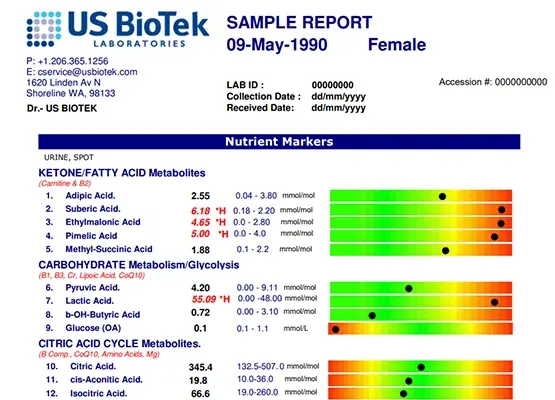
US BioTek Organic Acids Profile Environmental Pollutants Profile
$339.00$269.00A unique biochemistry profile called Organic Acid Test (OAT) can detect alterations in your gut, cellular deficiencies, levels of neurotrasmitters, exposures to mold or fungus and indicate need for specific nutrients, diet modifications and detoxification. Combine the OAT with the Environmental Pollutants Profile (EPP) for a more complete snapshot picture of toxic exposure to environmental chemicals.- Buy 2 at $264.00
US BioTek Organic Acids Profile Environmental Pollutants Profile
At Home Health Tests, Nutritional Tests, Mycotoxin Molds Tests, Autism Tests, Environmental Pollutants Tests, Organic Acids Tests, Detox Solutions$339.00 $269.00Successfully Added to your Shopping CartAdding to Cart... -
←→
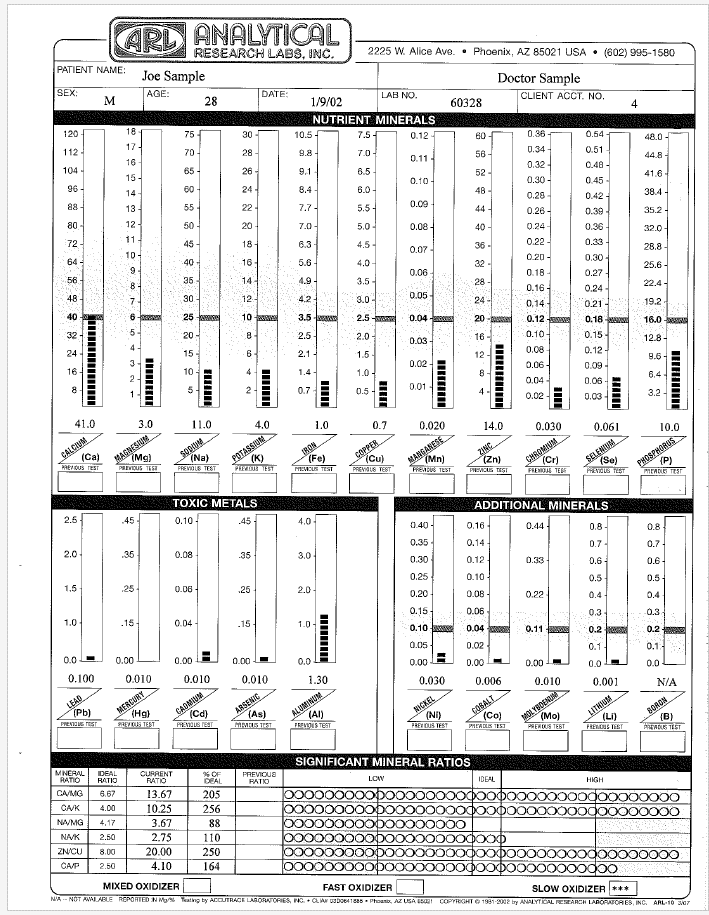
Analytical Research Labs Hair Test
$179.00$149.00Providing a mineral blueprint of one’s biochemistry, an Analytical Research Labs Hair Minerals Test reports levels of minerals and heavy metals in your body giving possible reasons for your symptoms, with suggestions for nutritional supplements and diet changes. Hair tissue mineral analysis can provide pertinent information about balanced nutrition, one’s metabolic rate, energy levels, sugar and carbohydrate tolerance, stage of stress, immune system and glandular activity.- Buy 2 at $145.00
Analytical Research Labs Hair Test
$179.00 $149.00Successfully Added to your Shopping CartAdding to Cart... -
←→
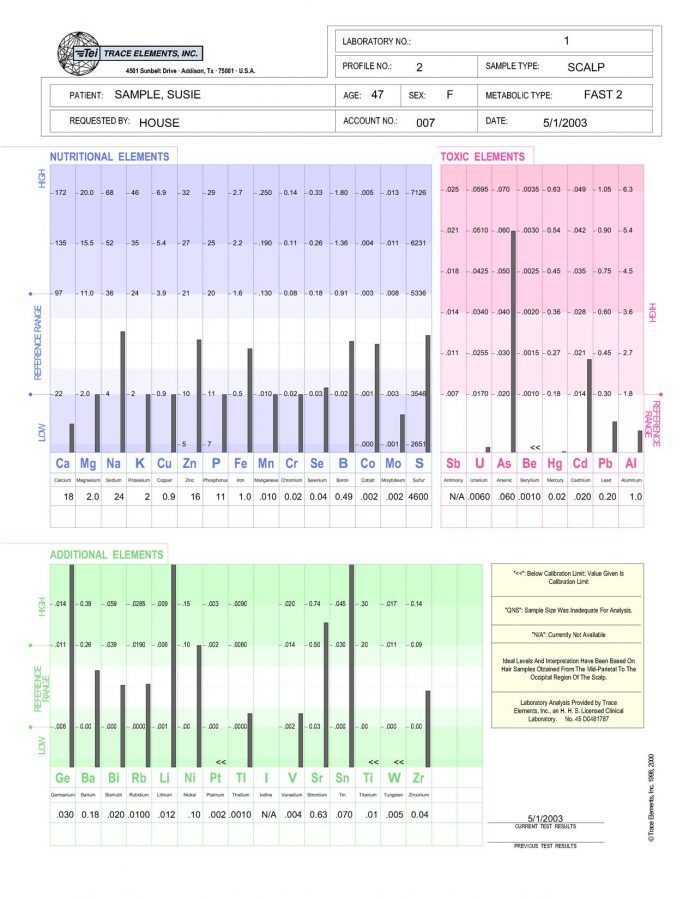
Trace Elements Nutritional Deficiencies Hair Test
Nutritional Tests, At Home Health Tests, Toxic Metals Tests, Hair Tests, Autism Tests, Immune System Tests$188.00 $148.00Successfully Added to your Shopping CartAdding to Cart...
Supplements
-
←→

Membrane Complex
Supplements, Mineral Supplements, Heart Solutions, Skin Solutions, Probiotics Supplements, Bone Solutions, Lung Solutions, Muscle Solutions, Immune System Solutions$15.00Successfully Added to your Shopping CartAdding to Cart... -
←→

Zinc Arginate with Aspartate
Supplements, Mineral Supplements, Skin Solutions, Immune System Solutions, Amino Acids Supplements, Allergy Solutions$8.10Successfully Added to your Shopping CartAdding to Cart... -
←→

Buffered C with Calcium, Magnesium & Potassium
Supplements, Vitamin Supplements, Skin Solutions, Cancer Solutions, Immune System Solutions, Antioxidant Supplements, Allergy Solutions, Autism Solutions$11.70Successfully Added to your Shopping CartAdding to Cart... -
←→
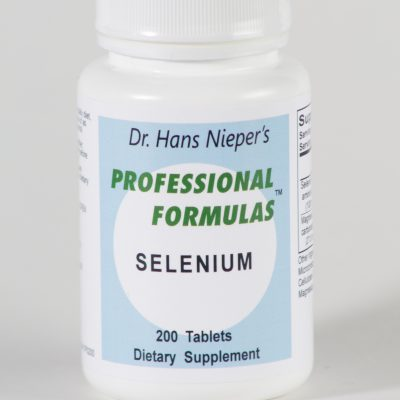
Selenium
Supplements, Mineral Supplements, Heart Solutions, Immune System Solutions, Hormone Solutions, Antioxidant Supplements$13.10Successfully Added to your Shopping CartAdding to Cart... -
←→
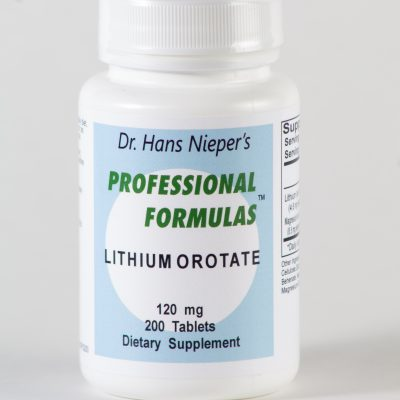
Lithium Orotate
Supplements, Mineral Supplements, Autism Solutions, Nerve Damage Solutions, Immune System Solutions, Gastrointestinal Solutions$16.30Successfully Added to your Shopping CartAdding to Cart... -
←→

GTF Chromium Glucose Tolerance Factor
$4.60GTF Chromium Glucose Tolerance Factor with 200 mcg ChromiumGTF Chromium Glucose Tolerance Factor
Supplements, Mineral Supplements, Diabetes Solutions, Skin Solutions, Heart Solutions, Muscle Solutions, Anxiety, Stress, Depression Solutions, Fatigue Solutions$4.60Successfully Added to your Shopping CartAdding to Cart... -
←→

L-Carnitine w/ B1
Supplements, Amino Acids Supplements, Hormone Solutions, Heart Solutions, Muscle Solutions, Lung Solutions$18.60Successfully Added to your Shopping CartAdding to Cart...
References
- https://links.e.response.mayoclinic.org/EmailPreview-GeneralHealth
- https://www.alzheimers.gov/clinical-trials
- https://www.nia.nih.gov/
- https://www.alz.org/
